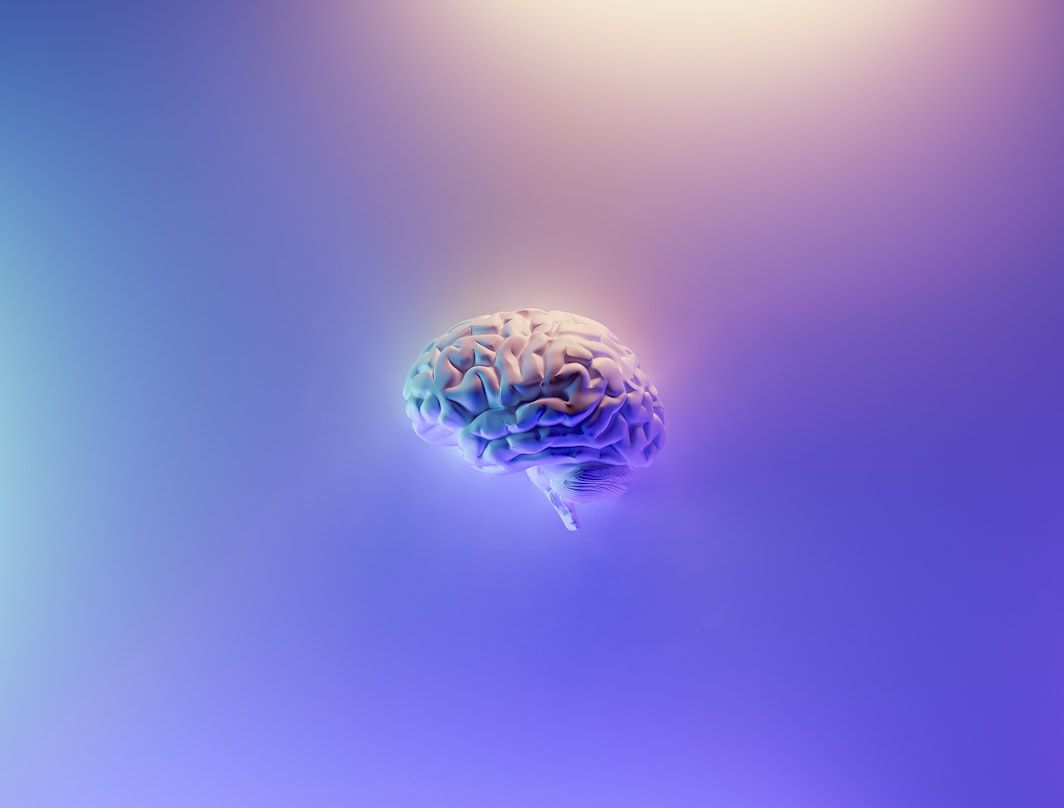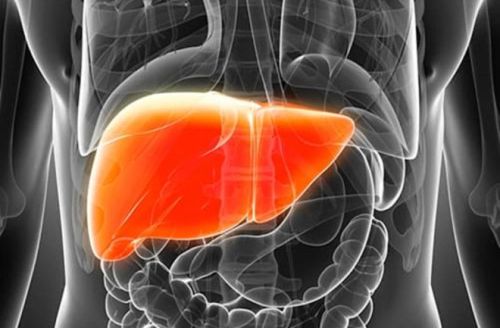13 facts about tears
Associated with emotions, tears are a product of lacrimal glands, found in the eyes of most terrestrial vertebrates. Although their primary function i ...
The brain is one of the most important and most fascinating and complex organs in the human body. It is an incredibly plastic command center that oversees the work of the nervous system.






